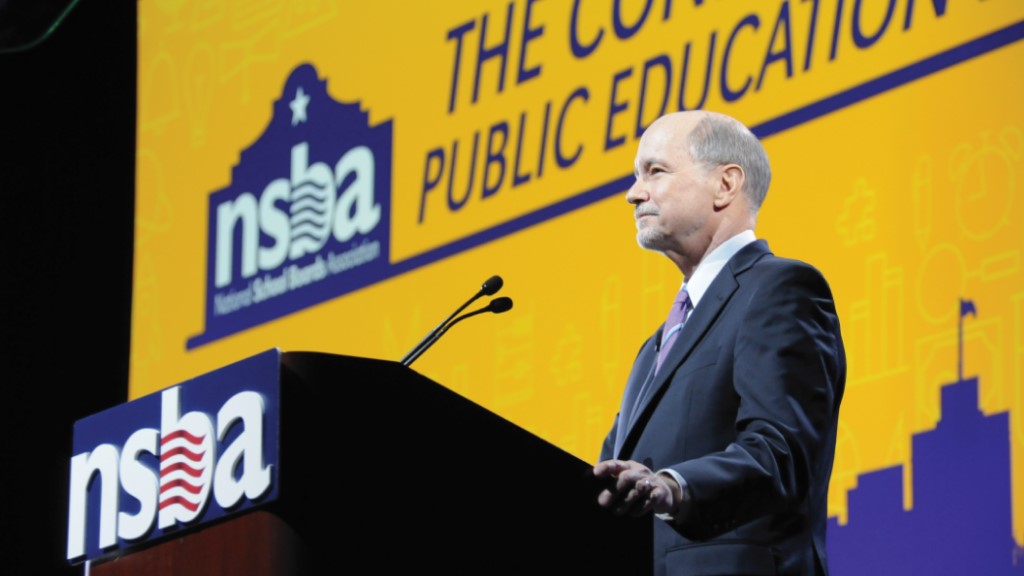
It was early in Thomas J. Gentzel’s professional career in county government when an unexpected opportunity came his way. Little did he know that it would change the course of his life and forge a deep commitment to public education and school board governance.
While working for the County Commissioners Association in Harrisburg, Pennsylvania, in 1980, Gentzel was approached about a lobbying job with the Pennsylvania School Boards Association (PSBA). “It sounded interesting, so I decided to try it,” he recalls. “I thought I’d do it for a while. I was still in my 20s and open to opportunities.”
He found four decades’ worth of school board-related opportunities: more than 32 years at PSBA (first as a lobbyist, later as director of governmental and member relations, and finally as executive director), followed by eight years, starting in 2012, in the top leadership position—executive director and CEO—of the National School Boards Association. Leading a staff of more than 70 in Alexandria, Virginia, Gentzel has overseen NSBA’s legislative, legal, public advocacy, and member services initiatives for the past seven and a half years.
“I’ve thought about this a lot recently, how serendipitous it was that I wound up taking a job at the school boards association just about 40 years ago,” says Gentzel, who will officially retire from NSBA in June.
Inspiring and committed
What started as a career became a calling that deeply resonated with the self-described amateur historian’s interest in American history. An hour-long conversation with Gentzel is peppered with references to Alexis de Tocqueville’s writings about the importance of associations in America; Thomas Jefferson’s views on the need for an educated citizenry for a society to be self-governed; and then-candidate Barack Obama’s 2008 speech on race relations and the ongoing work needed to make this nation “a more perfect union.”
“I’m a passionate advocate of public education but would be the first to say we’re not doing the job we need to do for all our kids. If we’re serious about this work, we have to make sure every child in America has access to a great public school where they live, and we’re not there yet,” Gentzel says. Achieving this goal demands “having a candid conversation about what we can do to continuously improve public schools,” he adds.
It’s a drum that Gentzel beats frequently and to great effect, say colleagues and admirers in the school board and education community. “I’ve always found Tom to be an eloquent spokesperson for public education and local school board governance,” says Lisa Bartusek, executive director of the Iowa Association of School Boards. “I see him time and time again in speeches, articles, panel discussions, and in the media describing the value of public education, the difference that local school board governance makes, and I can’t tell you how many times I‘ve said, ‘I wish I’d said that.’ And then I do by quoting him,” she laughs.
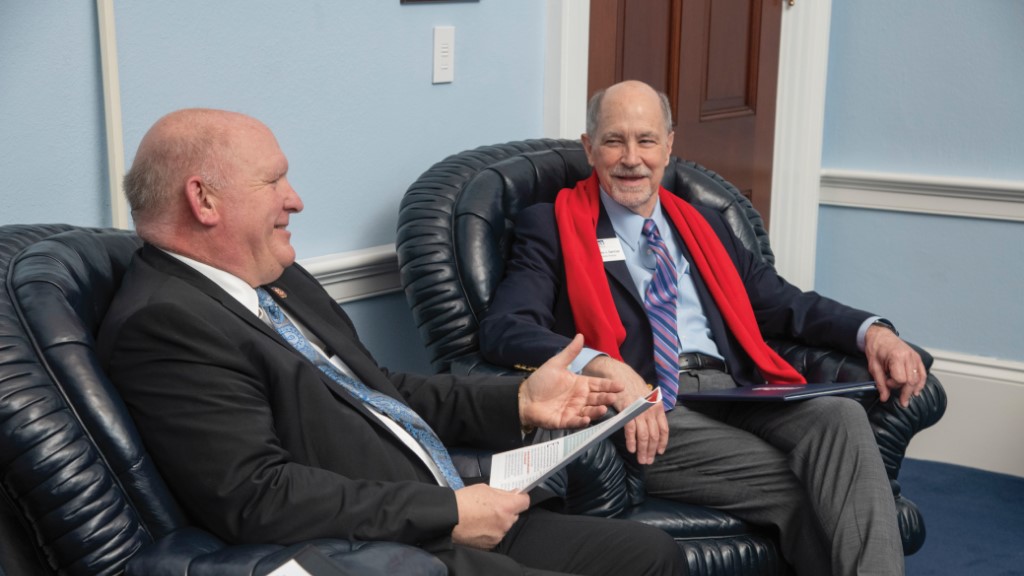
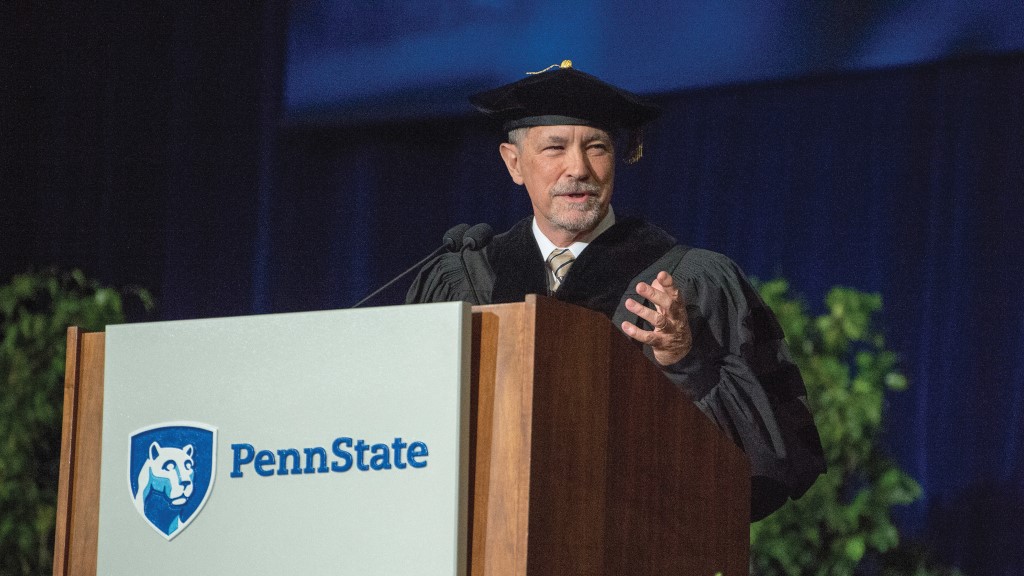
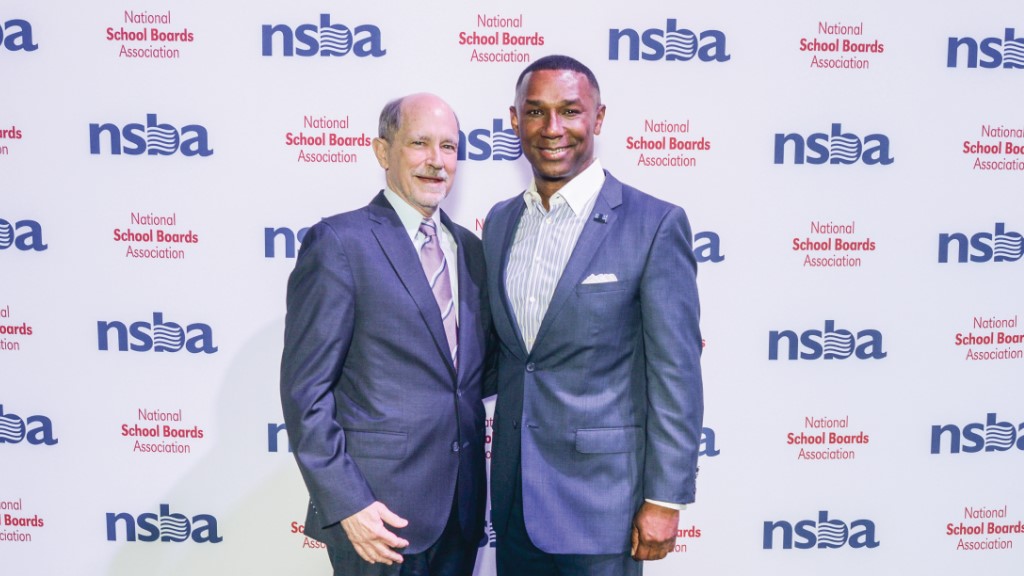
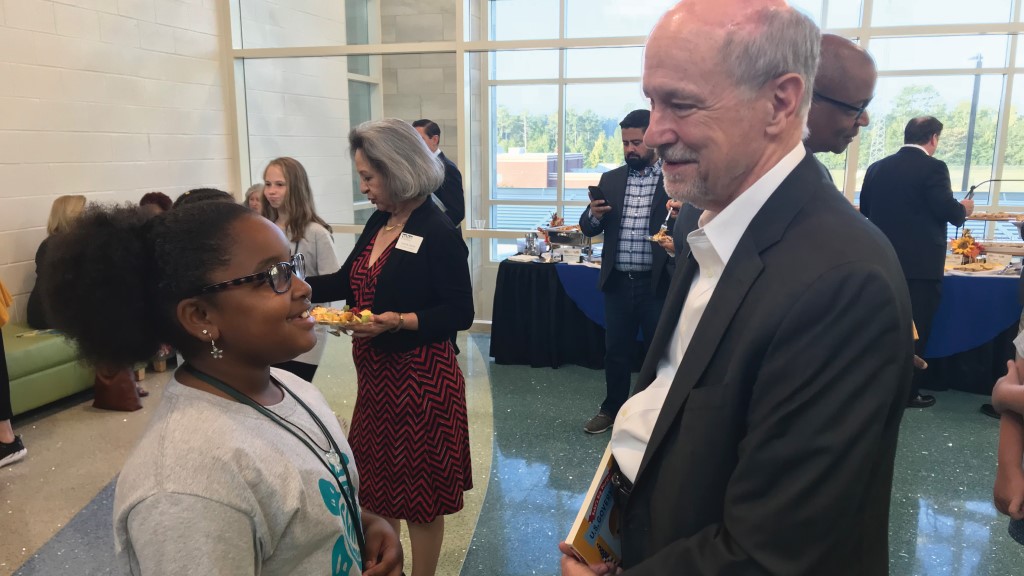
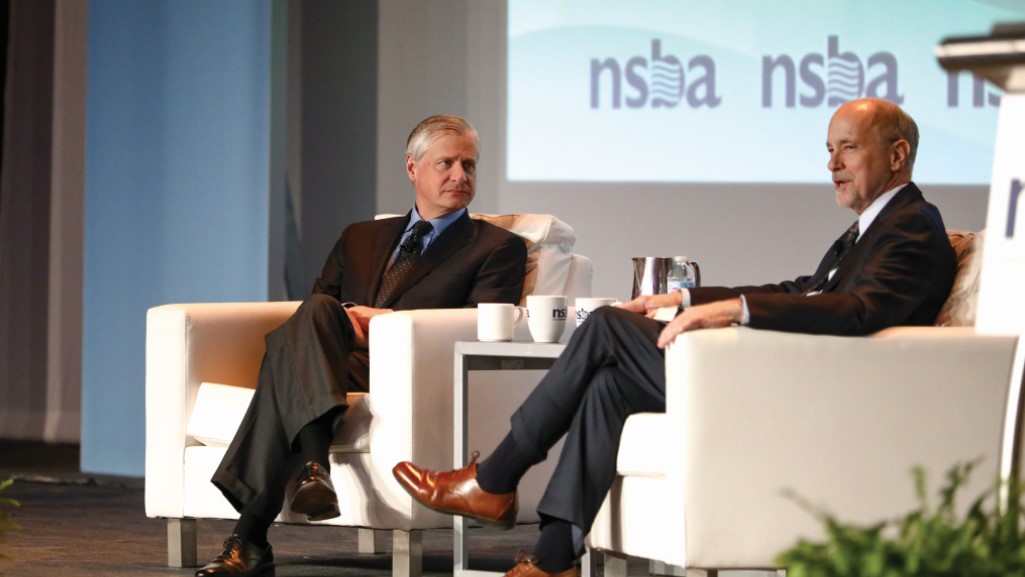
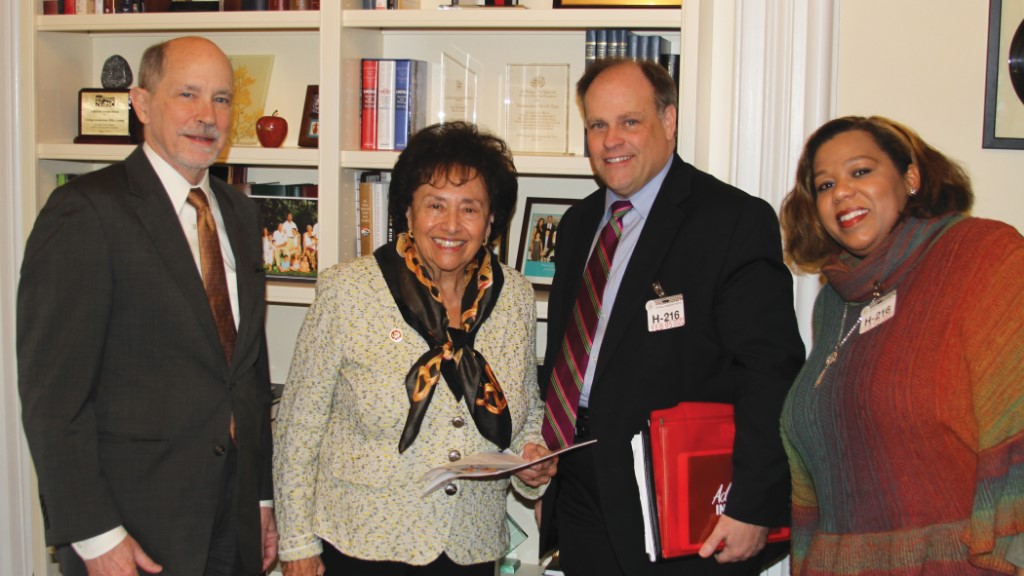

Share this content